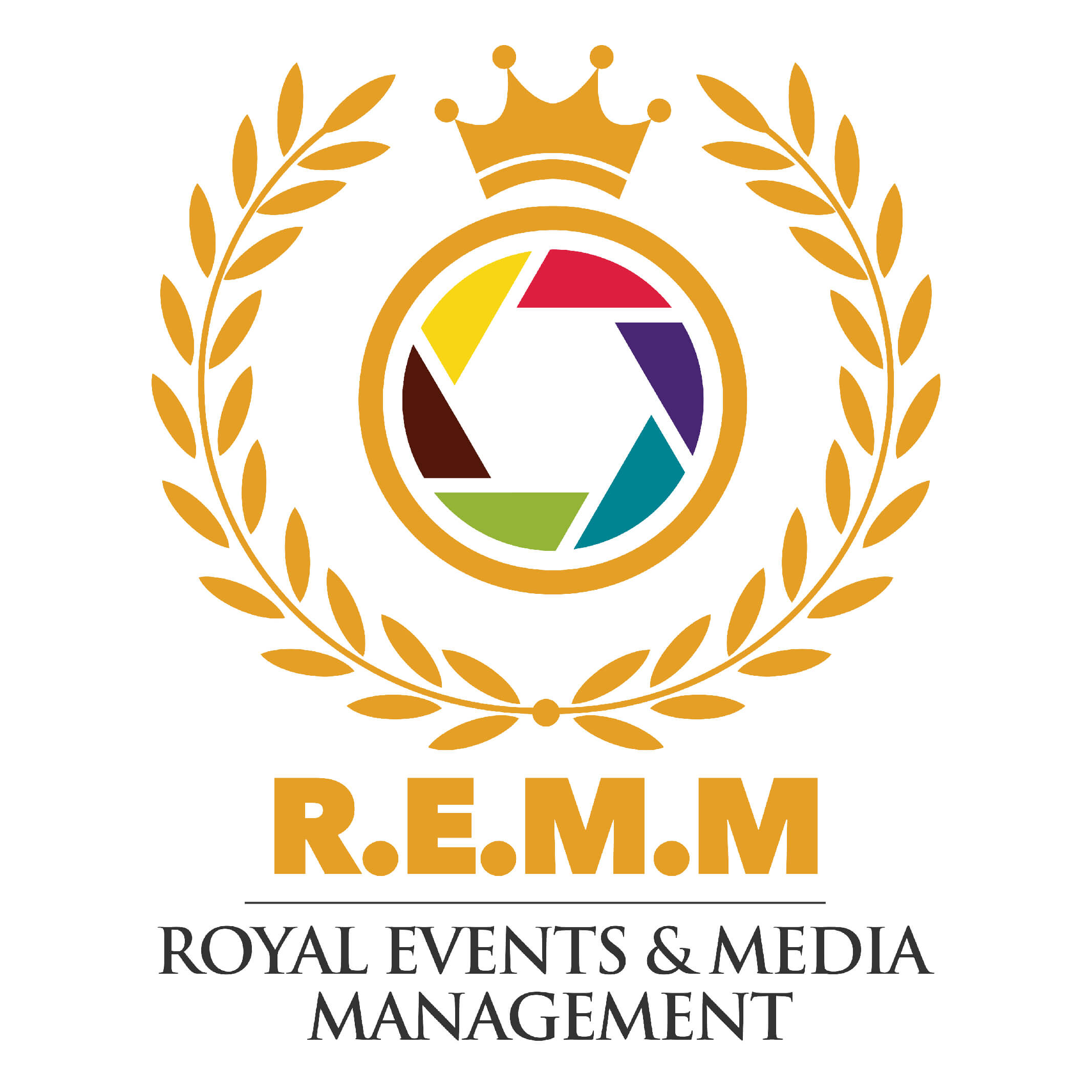Corporate events are pivotal moments for businesses, whether it’s a product launch, a networking event, or a team-building retreat. However, orchestrating a successful corporate event requires meticulous planning, attention to detail, and strategic execution. In this comprehensive guide, we’ll delve into the strategies and best practices to ensure your corporate event is a resounding success.
1. Define Your Objectives
Before diving into the logistics of event planning, it’s crucial to define your objectives. What is the purpose of the event? Is it to generate leads, foster client relationships, or boost employee morale? Clearly outlining your goals will guide every aspect of the planning process.
2. Set a Realistic Budget
Budgeting is a fundamental aspect of corporate event management. Determine how much you’re willing to spend and allocate funds accordingly to venue rental, catering, entertainment, and other expenses. Remember to leave room for unforeseen costs that may arise during the planning process.
3. Choose the Right Venue
The venue sets the tone for your corporate event, so choose wisely. Consider factors such as location, capacity, amenities, and ambiance. Whether you opt for a sleek urban loft or a scenic outdoor space, ensure it aligns with the theme and objectives of your event.
4. Plan Engaging Activities
Keep attendees engaged and entertained with a variety of activities throughout the event. Incorporate interactive workshops, keynote speakers, networking sessions, and entertainment to create a dynamic experience for participants.
5. Focus on Branding and Marketing
Promote your corporate event effectively to maximize attendance and engagement. Leverage digital marketing channels such as social media, email marketing, and targeted advertising to reach your target audience. Create compelling content and visuals that showcase the value proposition of attending your event.
6. Streamline Registration and Check-In
Simplify the registration process for attendees by offering online registration options and streamlined check-in procedures. Utilize event management software to track registrations, manage guest lists, and streamline communication leading up to the event.
7. Prioritize Guest Experience
Deliver an exceptional experience for attendees from start to finish. Pay attention to details such as signage, seating arrangements, catering options, and on-site amenities to ensure guests feel valued and well taken care of throughout the event.
8. Gather Feedback and Measure Success
After the event concludes, gather feedback from attendees to evaluate its success and identify areas for improvement. Analyze metrics such as attendance rate, engagement levels, and post-event surveys to measure the effectiveness of your corporate event.
Corporate event management requires careful planning, strategic thinking, and attention to detail. By following the strategies and best practices outlined in this guide, you can ensure your next corporate event is a memorable and impactful experience for all involved.
Keywords: corporate event management, event planning, corporate event strategies, event management best practices, event marketing, attendee engagement, event branding, event budgeting, guest experience, event feedback.
